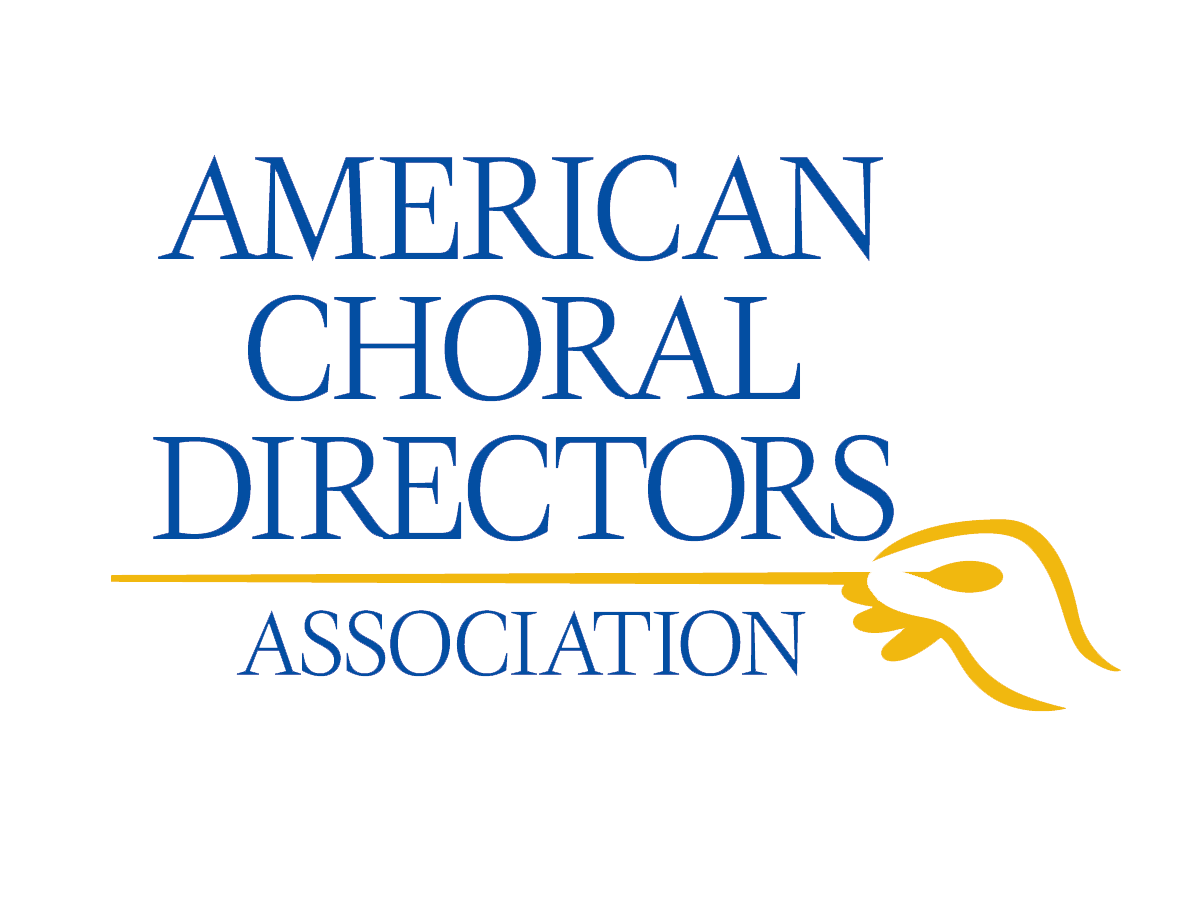We all realize that boys and girls are different, but do we understand the true nature of those differences and what we can do to teach effectively to those differences? This session will expose the importance of sex and gender differences between boys and girls that can potentially aide the success of directors and students […]
Sample Page
Vocal Jazz vs. Unaccompanied: Vocal Style and Technique
This session will present basic sound reinforcement information relative to basic setup, mics, gain/volume, eq/ringing the system, mic technique, etc. The session will also discuss issues relative to popular styles such as tone quality, fundamental vocal technique, light vs.dark/rich, straight vs. vibrato, edgy vs. full, to scoop or not to scoop… that is the question, […]
Tradition of Anarchy: How to Effectively be Anti-“Show Choir”!
Look behind the show development process of Albertville High School’s award-winning show choir—Center-Stage! From story concept to technical production, learn how to: select and incorporate music from any genre, use simple Broadway staging techniques to improve the look of your choreography, keep including musical and visual surprises to make your audience not want to look […]
Spirit, Style, and Score— Preferred Choices and Practices in Singing the “Traditional Spiritual”
Choral settings of the African American spiritual were first sung by the fabled Fisk Jubilee Singers after slavery. Composers like Dett, Dawson, Hall Johnson, and Work, and more recently, Hogan, built on these beginnings, making impressively artful settings of these songs. We are faced with the question, “How shall we sing this music?” This session […]
Sight-Singing Alchemy: Transforming Singers into Musicians
This session will present techniques, strategies, tips, tools, and resources for creating and developing a comprehensive sight-singing curriculum in the choral classroom. Special attention will be given to teaching beginning singers with no background in sight-singing. Topics to be discussed include the role and methods of individual assessment, unison and harmonic sight-singing, incorporating reading skills […]
Service Learning, Ubuntu, and Choral Music
Ubuntu is an African term that con-notes humanity’s inability to exist in isolation. As we know, one of the distinctive qualities of choral singing is that of human beings in community. Choral music becomes a transformative power when it functions as a vehicle for social inclusion and education in under served communities. This session will […]


